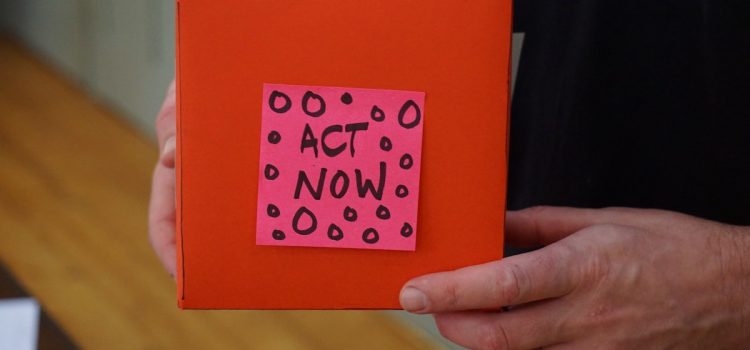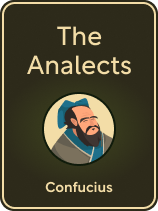

This article is an excerpt from the Shortform book guide to "The Analects" by Confucius. Shortform has the world's best summaries and analyses of books you should be reading.
Like this article? Sign up for a free trial here.
What is ren? Do you practice it? What difference would it make if you did?
In The Analects, Confucius defines a good person as someone who strives to improve the world. He believes that good people must be altruistic. In other words, they act to help other people and don’t simply seek personal gain through their behavior.
Continue reading to learn about the Confucian virtue of ren and how to practice it in your life for the betterment of the world around you.
Confucius on Ren
Confucius describes this virtue using the Chinese word ren. So, what is ren? It can be translated as “humaneness” or “humanity.” For Confucius, ren means always striving to live up to the moral standards he sets throughout The Analects, no matter what. He says that good people would rather die than compromise their morals.
Confucius also offers two concrete suggestions for living altruistically. First, should you find yourself in an unfair or immoral culture, it’s acceptable to say whatever you must to protect yourself—but under no circumstances should you do anything immoral or cruel. Have the courage to live by your values at any cost.
(Shortform note: Keeping to your values even under threat of death is a moral standard from Confucius. By most legal standards, you’re allowed to do what you must to protect yourself. For example, at the Nuremberg trials after World War II, the judges wrote that no court would punish people for what they did while they had guns (literal or metaphorical) pressed to their heads—while they were under threat of punishment or death if they disobeyed.)
Second, frugality is another important aspect of altruism. Since altruism is the opposite of selfishness, altruistic people try not to take more than they need. They’re happy to live modestly, with a small home and simple food. Confucius says obsessing over material goods when you already have enough to live on is a waste of energy that would be better spent helping others.
(Shortform note: Some studies suggest that frugal and modest living is becoming more popular and widespread in the modern world, particularly among younger people. The possible reasons behind this frugality differ from Confucius’s justification of avoiding wasting energy: Modern consumers may choose frugality due to financial concerns, job insecurity, a heightened awareness of the environmental impact of certain purchases, and a wish to become more minimalist.)
| The “Gentleman” and the “Petty Man” The Analects frequently uses the term gentleman (Chinese: junzi) when discussing proper conduct. Scholars debate whether Confucius means gentleman in the sense of “someone of high social status” or “someone of good moral character.” Further, Confucius contrasts the gentleman with the petty man (Chinese: xiaoren). Again, it’s unclear whether this means someone of low social standing or someone of poor character. To make The Analects applicable to as many readers as possible, we’ll assume the latter: Confucius meant that anyone of good moral character would follow the guidelines he sets forth, and people of poor moral character would not. |

———End of Preview———
Like what you just read? Read the rest of the world's best book summary and analysis of Confucius's "The Analects" at Shortform.
Here's what you'll find in our full The Analects summary:
- A collection of Confucius's teachings compiled by his students
- Lessons about how to be a good learner, person, and leader
- Concrete methods for putting Confucius’s teachings into practice






